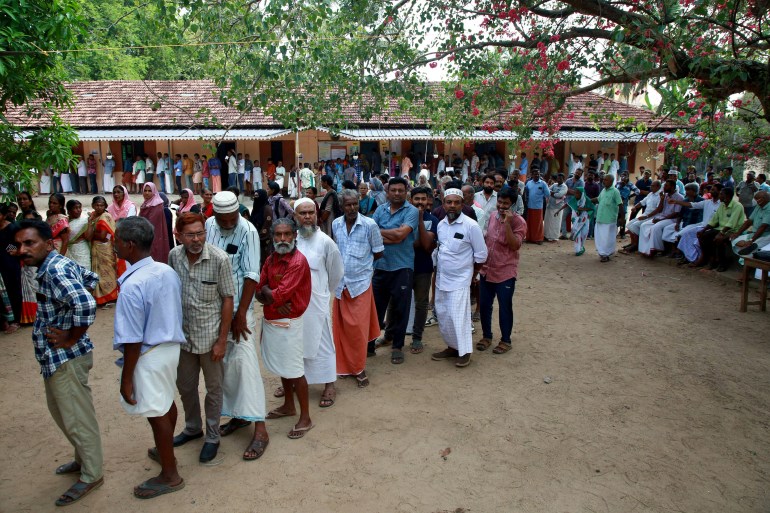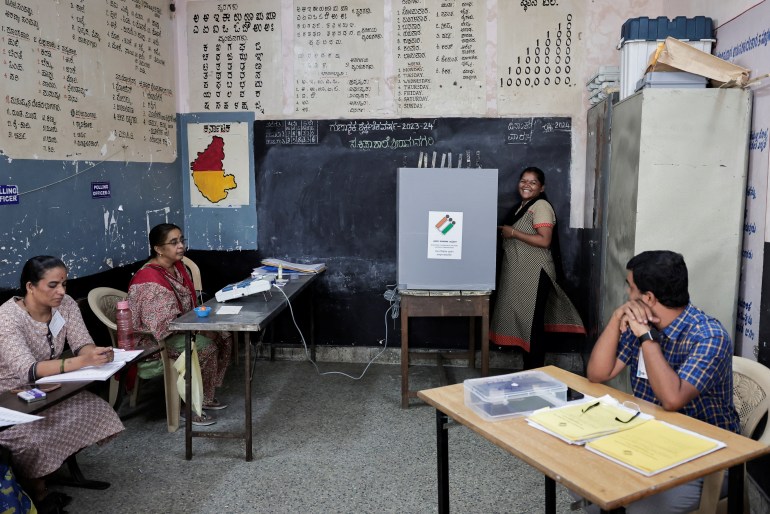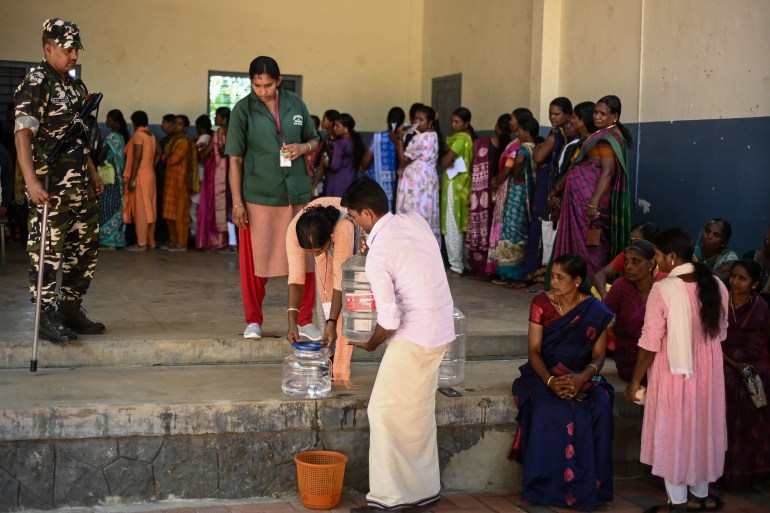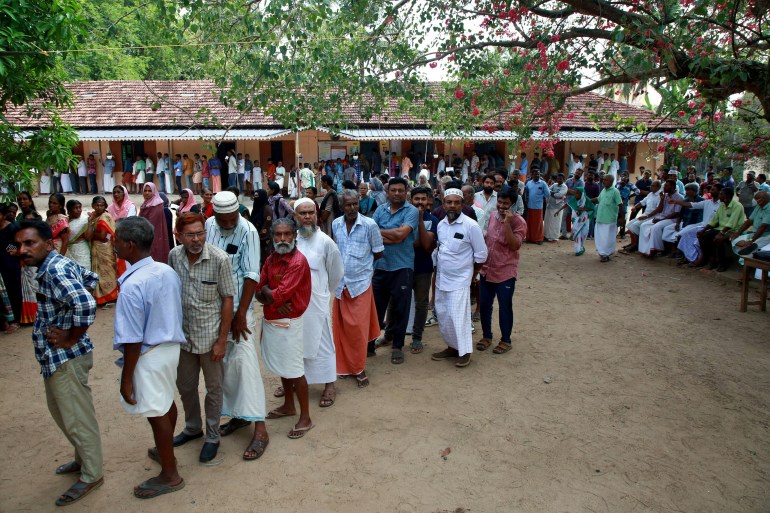India has voted in the second phase of the world’s biggest election, as Prime Minister Narendra Modi and his challengers raise the pitch of the campaign by focusing on hot-button issues such as religious discrimination, affirmative action and taxes.
Almost one billion people are eligible to vote in the seven-phase general election that began on April 19 and concludes on June 1, with votes set to be counted on June 4.
A total of 88 seats out of the 543 in the lower house of parliament went to the polls on Friday, with 160 million people eligible to vote across 13 states and federal territories.

Modi is seeking a record-equalling third straight term on the back of his economic record, welfare measures, national pride, Hindu nationalism and personal popularity.
His challengers have formed an alliance of more than two dozen parties and are promising greater affirmative action, more handouts and an end to what they call Modi’s autocratic rule.
Southern states in focus
More than half of the seats in Friday’s contests were in the southern states of Kerala and Karnataka and the western state of Rajasthan.
Kerala is the only major Indian state where Modi’s Bharatiya Janata Party (BJP) has never won a parliamentary seat, though it has seen a steady rise in its voter support from 1.75 percent in 1984 to 13 percent in 2019.
In February, Modi said the state gave a “two-digit vote share to the BJP” in 2019. “This time, the party would win double-digit seats from Kerala,” he told an election rally.
But there is little evidence to suggest such support for the BJP in a state dominated by two coalitions for decades – the United Democratic Front (UDF), headed by the Congress party, and the communist-led Left Democratic Front (LDF), which is currently in power in the state.
Modi’s main opponent, Rahul Gandhi of the Indian National Congress, is seeking re-election from Wayanad in Kerala.
“This election is not a regular election … because for the first time in the history of India, one party and one person is trying to finish the constitution and democracy of India,” Gandhi said at an election rally in a region of neighbouring Karnataka.

The campaign has become more heated since the first phase of voting on April 19 as Modi and the Congress face off on communal issues, with the prime minister accusing the opposition party of favouring minority Muslims, aiming to dilute affirmative action and planning to impose an inheritance tax.
Congress has denied the charges and said Modi fears losing and was using divisive language to distract voters from real issues such as unemployment, the price rise and rural distress.
Kailash Adhikari, managing director of Governance Now magazine, told Al Jazeera he did not see the BJP creating any “rift on the basis of any religion”.
“Right from the prime minister to the home minister, they have said that India is as much for Hindus as it is for all the other communities, be it Muslims, Jains, Sikhs, Christians, or others,” he said.
“We must also understand the kind of victory that we saw in 2014 and 2019, it cannot just come from one particular majority [group].”
Heatwave hits voters
The Election Commission and political parties were concerned that unseasonably hot weather, and weddings in some parts of the country, affected the voter turnout.
Turnout in the first round of voting last week dropped nearly four points to 66 percent from the previous election in 2019, with speculation among experts that higher-than-average temperatures were to blame.
Modi took to social media shortly before polls opened on Friday to urge those voting to turn out in “record numbers” despite the heat.
“A high voter turnout strengthens our democracy,” he wrote on social media platform X. “Your vote is your voice!”

The second round of the poll – conducted in phases to ease the immense logistical burden of staging an election in the world’s most populous country – includes districts that have this week seen temperatures above 40 degrees Celsius (104 degrees Fahrenheit).
India’s weather bureau on Thursday said severe heatwave conditions would continue in several states through the weekend. That includes parts of the eastern state of Bihar, where five districts voted on Friday and where temperatures more than 5.1C (9.2F) above the seasonal average were recorded this week.
Karnataka in the south and parts of Uttar Pradesh, India’s most populous state and heartland of the Hindu faith, are also scheduled to vote while facing heatwave conditions.
“Voter turnout we typically expect in the early hours is quite low this time around,” polling officer Shyam Sundar Bharti told AFP news agency in Mathura, a city not far from the Taj Mahal where temperatures were expected to hit 41C (106F).
“The heat is the reason,” he said.
Read More: World News | Entertainment News | Celeb News
Aljazera









